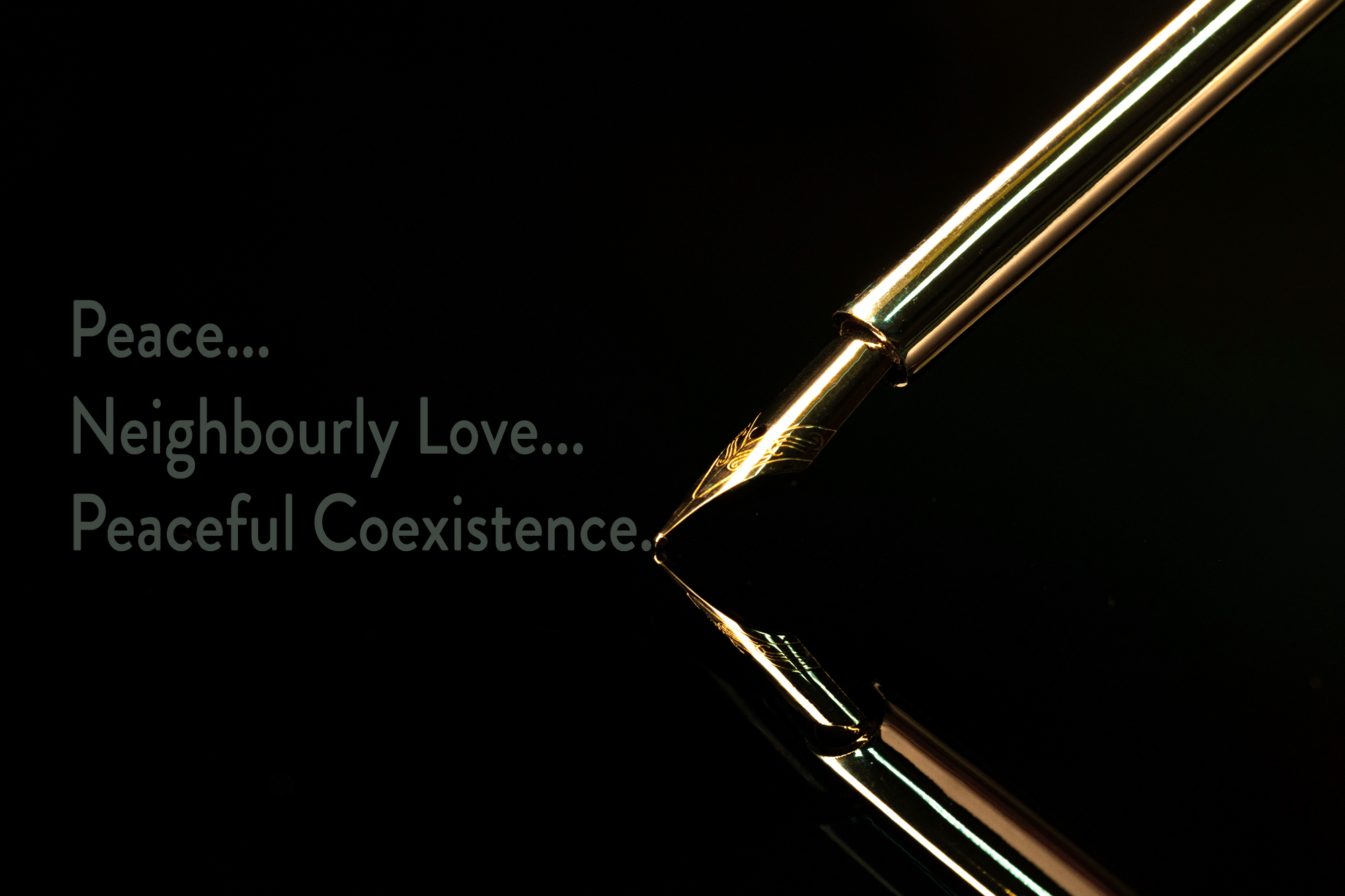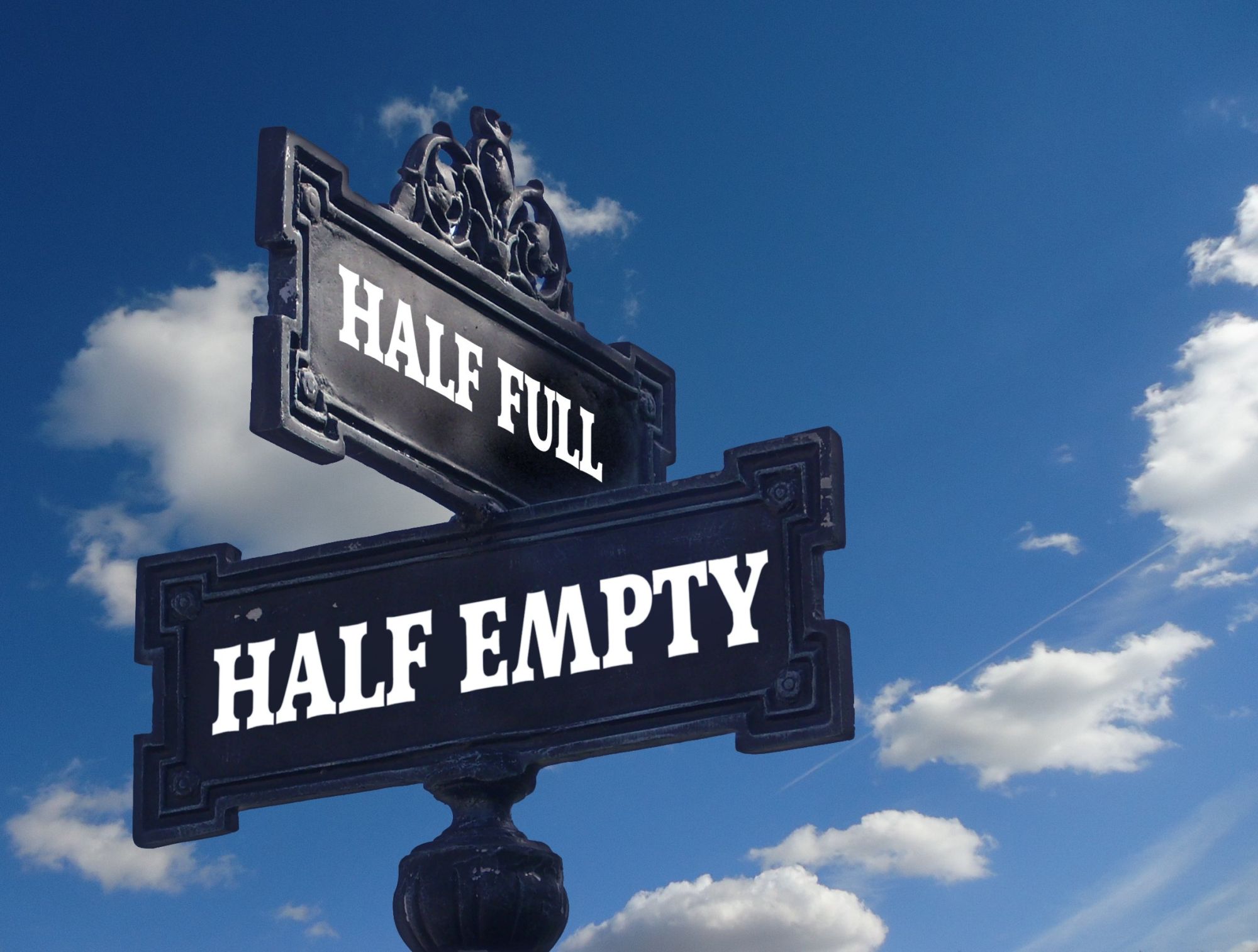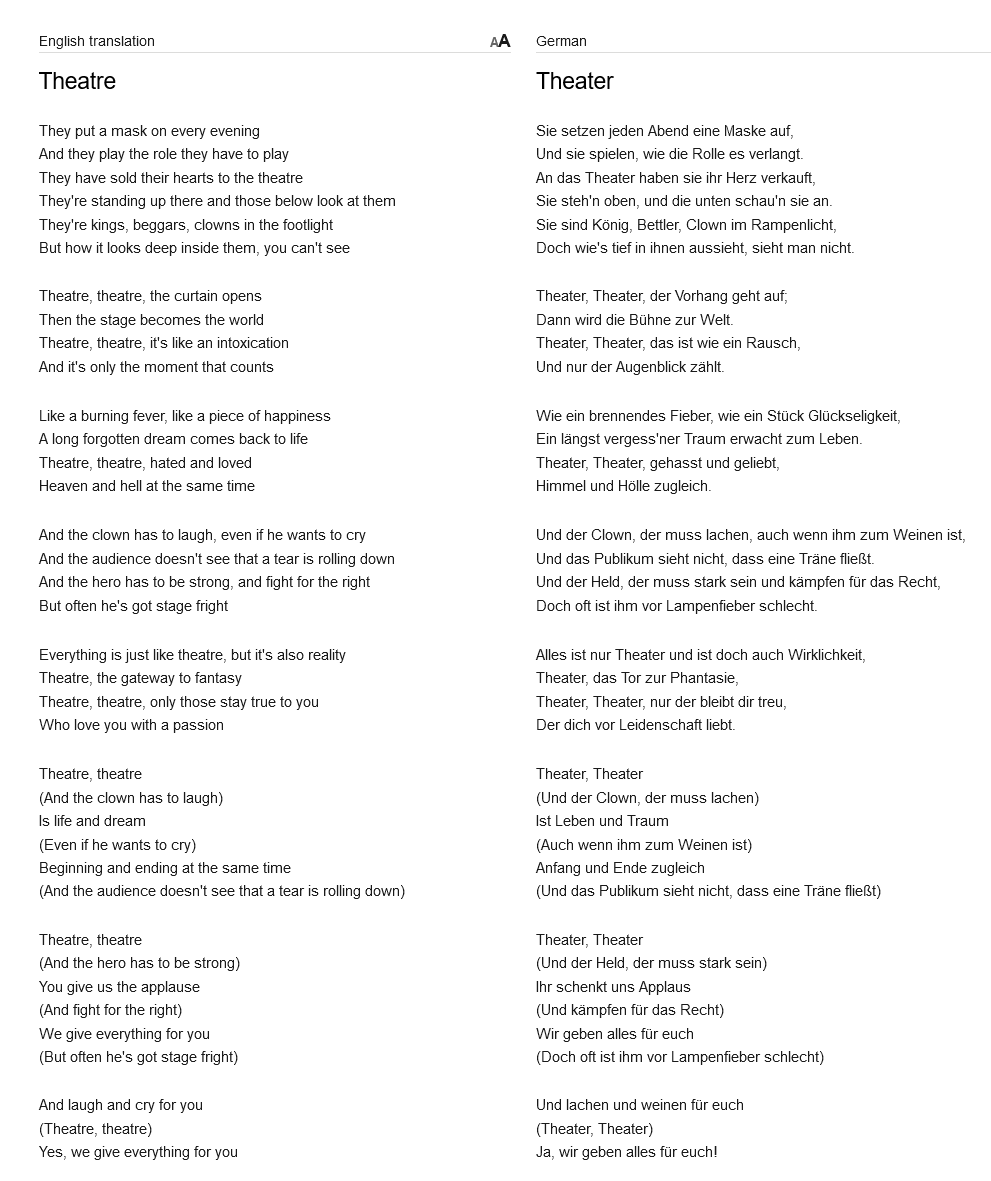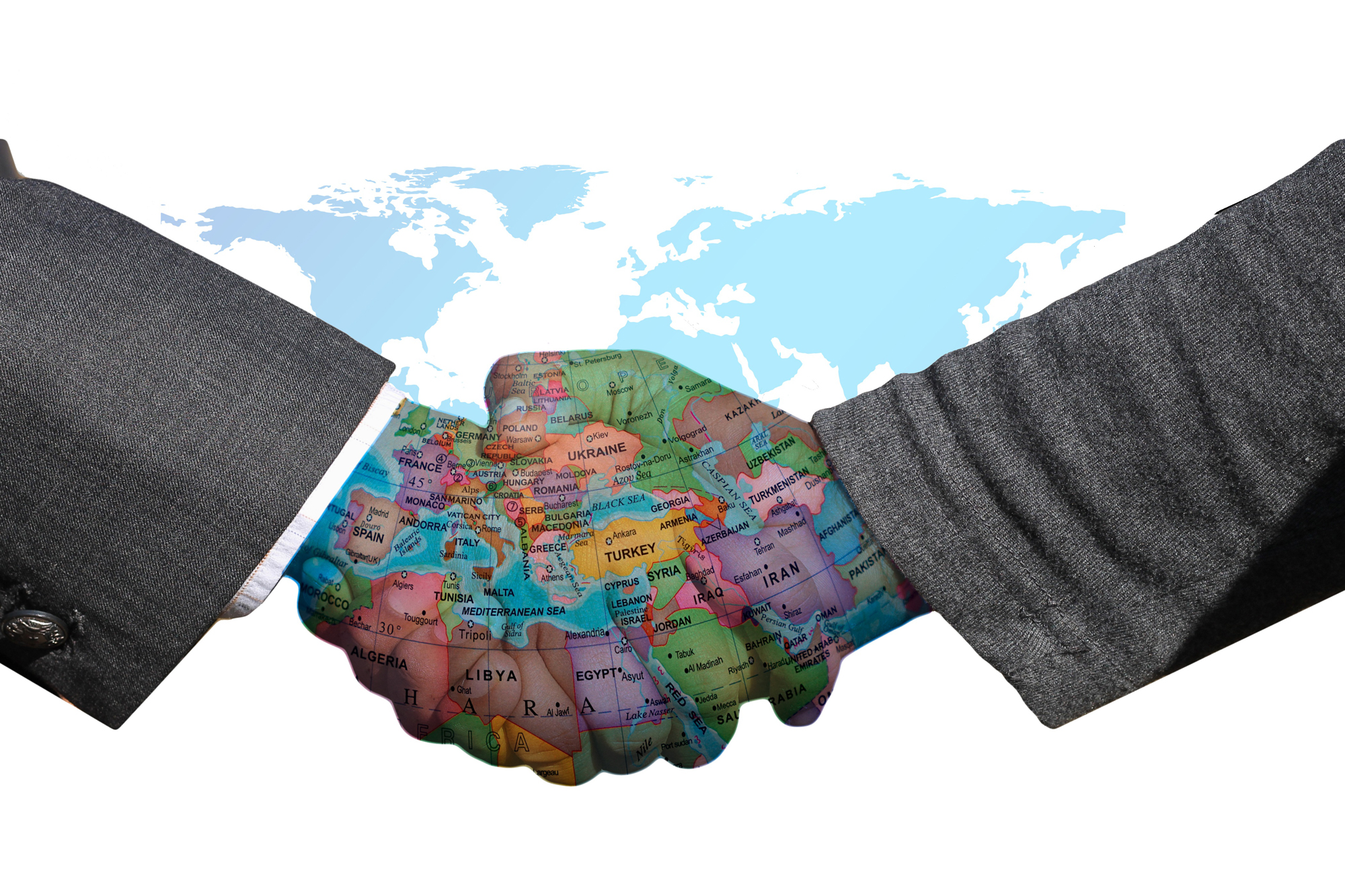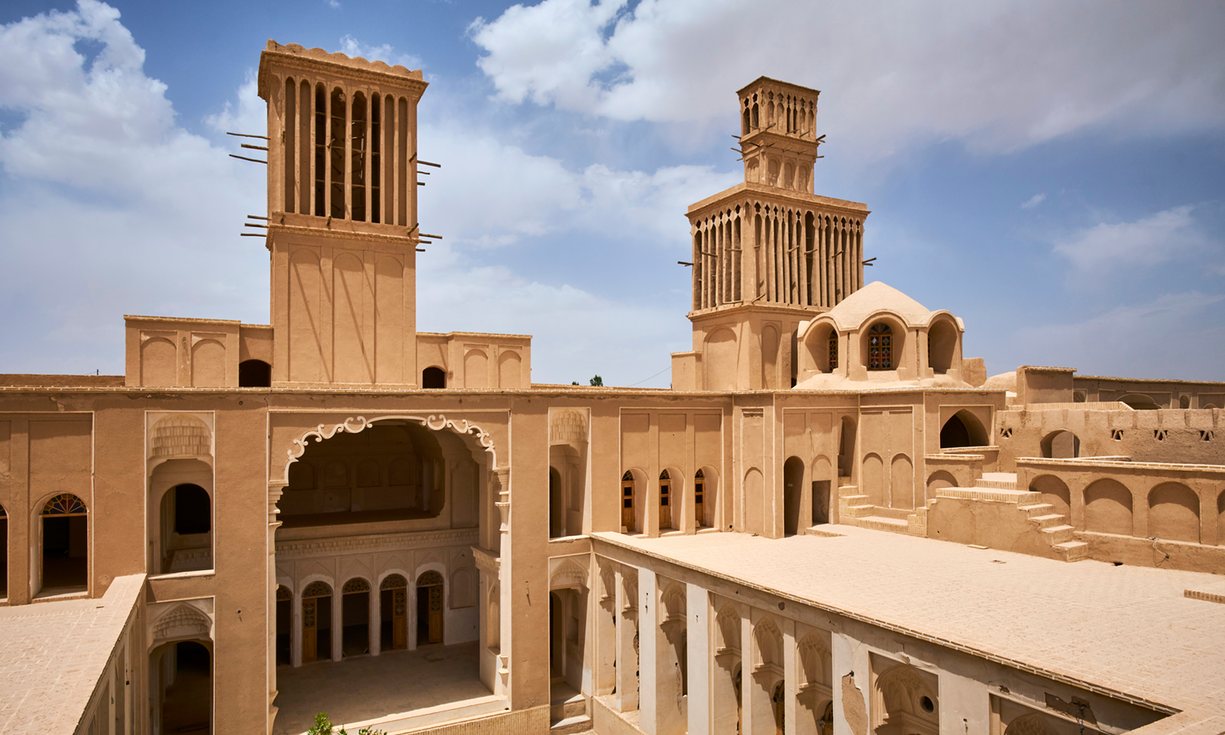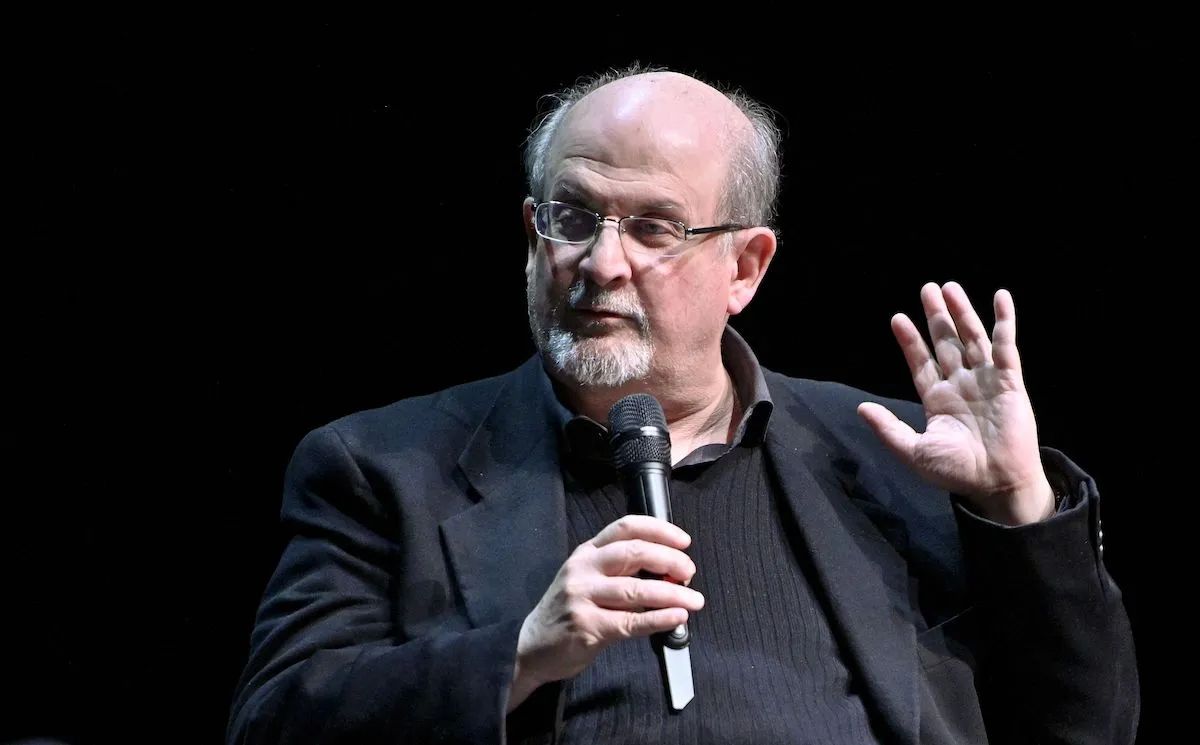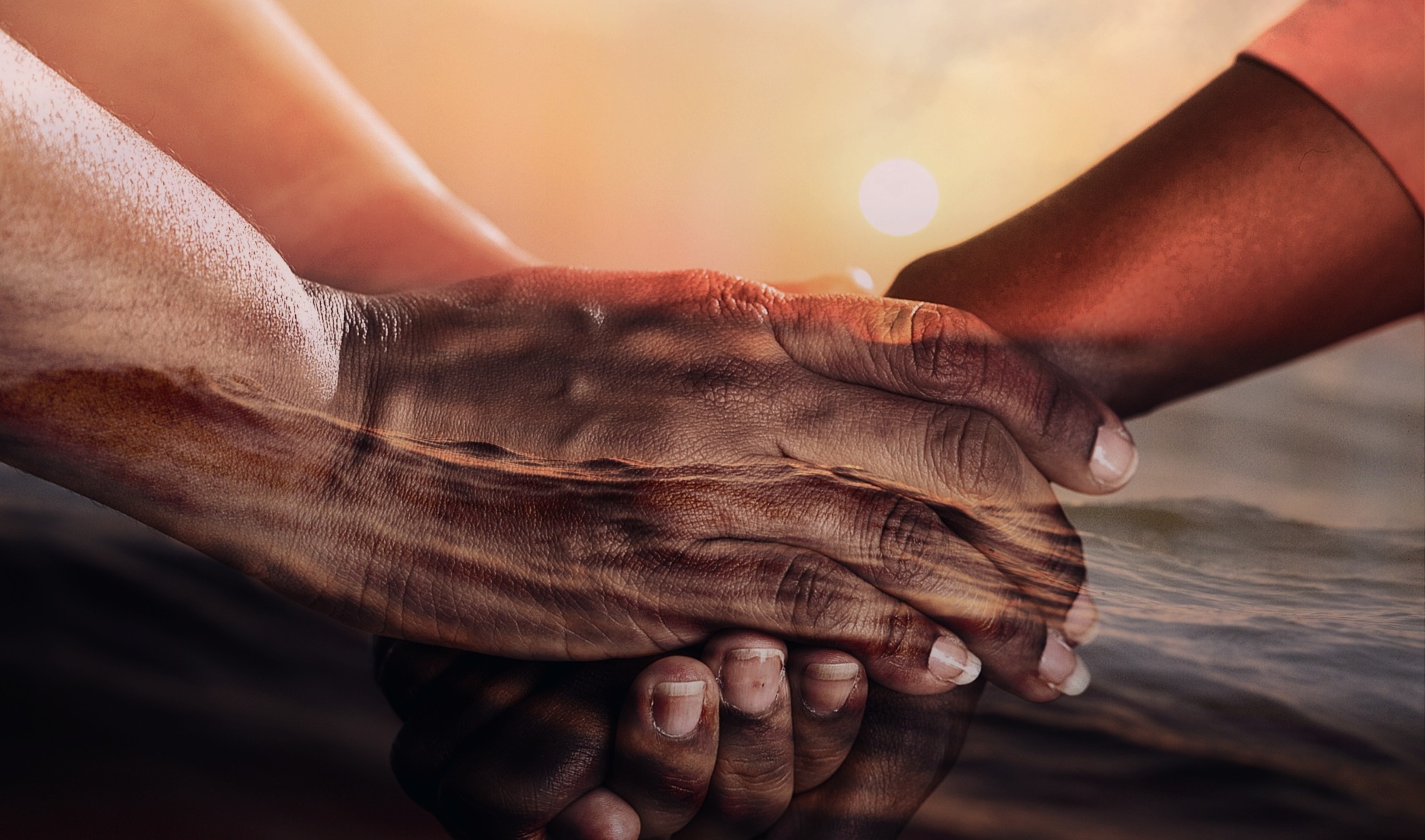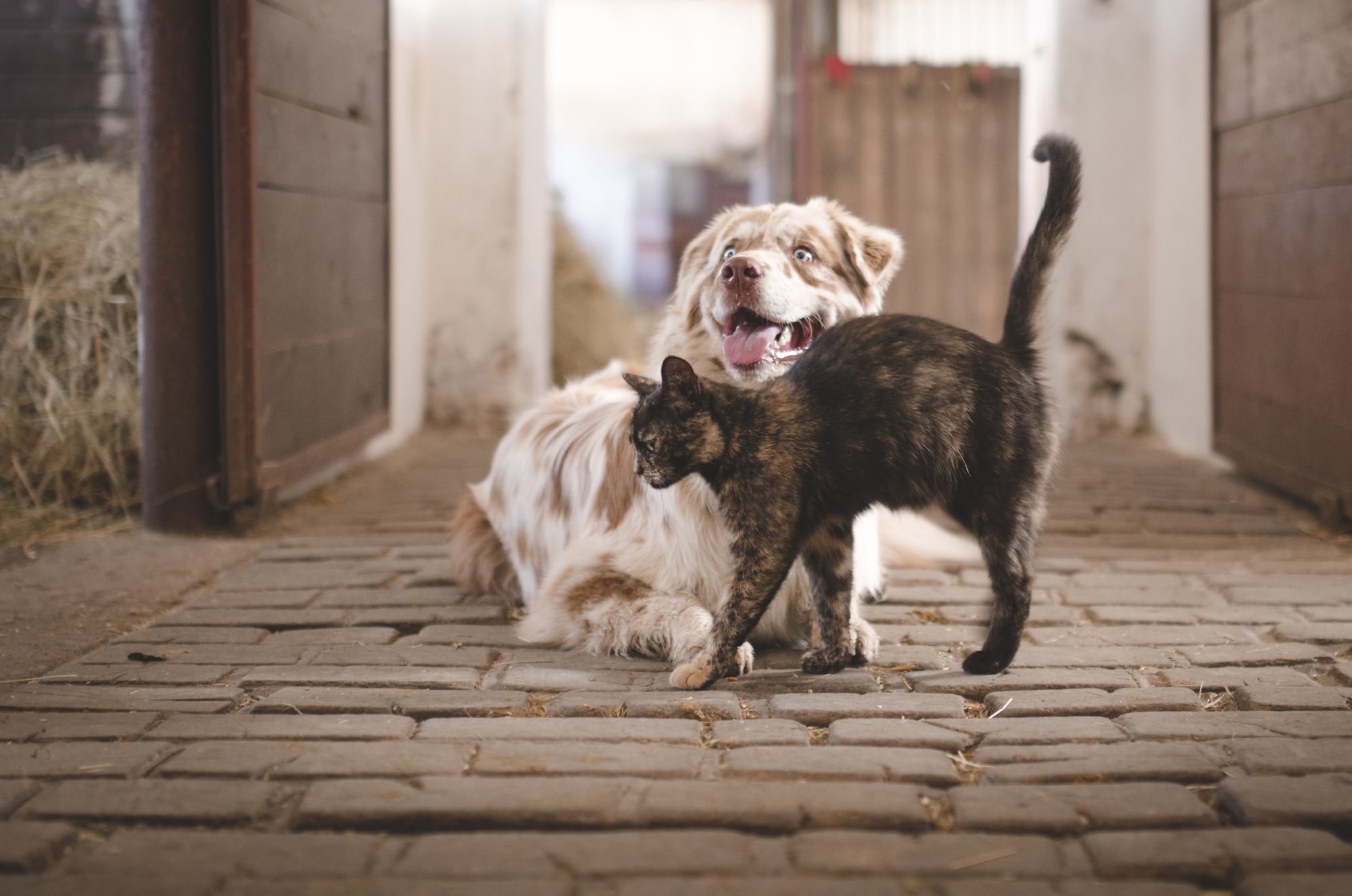
Life can be full of surprises. Especially when you expect a certain degree of ‘sameness’, that is people to be the same as yourself, or at least very similar.
Common assumptions are based on a few, sometimes almost crude, differentiations and types, such as the types of the title: the nerd, the partygoer and the bookish type, the bookworm. Interestingly enough, as soon as you use these terms, people start coming up with images in their minds:
-
- The bookish type like the proverbial church mouse, grey all over, always buried in some book or other and perhaps even a little other-worldly. Not well-versed in the ways of the world.
- The nerd, to my mind to some extent the modern version of the bookworm: Always having something or other to do with a digital device, the laptop these days, a smart phone, a computer or any other digital device you can think of. Buried too, in a way in their work.
- The partygoer, a colourful appearance, rather talkative and even loud, attracting attention wherever they go, with pleasure, sometimes overdoing it a little, perhaps.
But these are the stereotypes. I am not saying they do not help. But if we use the stereotypes alone to judge people or to make sense of them, we may be mistaken.
There are not only ‘sub-types’. There’s usually more to human life and needs or wishes or dreams than just the external signs or the typical behaviour you may conclude because that’s all you are looking for.
In other words: Human beings and life are rather more colourful than a party dress.
‘There is more to it than meets the eye’: One might think of icebergs, the bulk of their mass is below the surface.
Try the kaleidoscope, it’s a favourite image I use to make my point. There’s black, white, green and red. But there are so many more colours to it, to life that is. There’s grey, gold and silver and heaps of others. And each comes in so many shades, too. (Not just shades of grey. 😉 )
I am a person who always has loved books, for me reading is like talking in my head. I hear language I write practically the same way, too, the same way I hear spoken words: With melody to it.
I know not everyone is the same; some people just do not like books or reading that much and avoid it if they don’t have to. I respect that.
I think it is vital for a peaceful existence to accept diversity, the truly colourful existence on this Earth, of humans as well as any other living or breathing entity.
